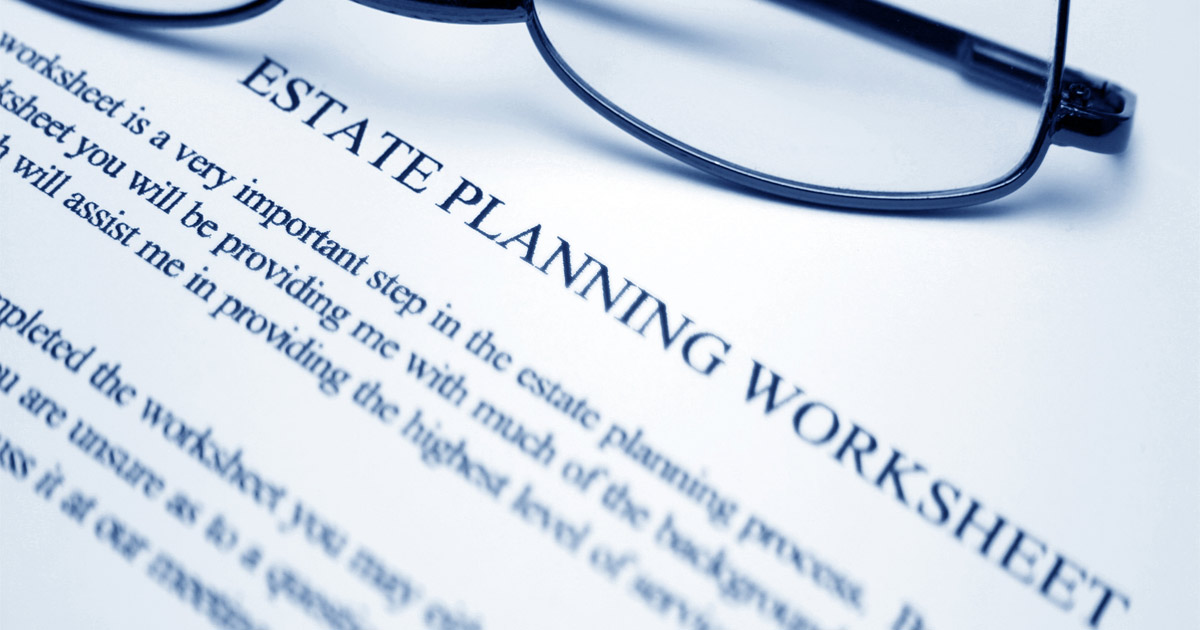Ending a marriage can be a stressful process with a myriad of issues to deal with, especially for those dealing with child custody arrangements. As difficult as it might be to face estate matters during a divorce, it is important to discuss. Estate planning encompasses what happens to minor children if one parent should pass away, who inherits assets from an estate, beneficiaries for insurance policies, and many more financial issues.
Some estate planning issues can be addressed before and during a divorce, while others must wait until the divorce is finalized. Start immediately with the revisions that are allowable by law or make temporary revisions. Anything is better than leaving a will intact during a divorce.
One cannot predict how long the divorce process will last, even in an amicable situation, and there are likely many things that need to be altered to reflect the separation. In many states, a divorce renders a will or trust as invalid.
What Changes Should be Done Immediately?
Anyone anticipating a divorce should meet with an estate planning attorney for help making changes to their will and other estate documents. These include:
Power of Attorney: If a spouse has been named as power of attorney, they have access to all accounts and assets, including assets that are only in the other person’s name. In a divorce, this power of attorney should be revoked to protect assets. A trusted friend or relative should be named as the new power of attorney.
Health Care Proxy: A health care proxy has the power to make decisions about any required treatments if a person becomes incapacitated and is unable to make health care decisions. Most people going through a divorce do not want their soon-to-be ex-spouse as their health care proxy. Like a power of attorney, this important job should be given to someone who is trusted and understands desired care and outcomes.
Will: Many couples have wills that leave assets and estates to each other. Without a new will, this will be the case if something happens. Leaving assets to an ex-spouse can be avoided by drafting a new will.
Trust: If a trust already exists with an ex-spouse, this should be changed and a new trustee should be designated. If there is no revocable trust established for minor children, it is a good idea to create one because it protects assets left to them until they reach a certain age.
What Should I Do After the Divorce is Finalized?
Review beneficiary designations for life insurance policies, retirement accounts, pension plans, and have them changed. These kinds of assets are not covered by a will.
Estate planning during a divorce may initially seem daunting, but it is important to do. An experienced lawyer will help estate planning matters go smoothly.
Chester County Wills and Estates Lawyers at Eckell Sparks Assist with Estate Planning Issues
Estate planning issues may arise during a divorce, so it is important to obtain legal counsel right away. Our Chester County wills and estates lawyers at Eckell, Sparks, Levy, Auerbach, Monte, Sloane, Matthews & Auslander, P.C. help clients with difficult estate planning problems. Contact us online or call us at 610-565-3701 for a free consultation. Located in Media and West Chester, Pennsylvania, we serve clients throughout Delaware County, Chester County, and Montgomery County.

